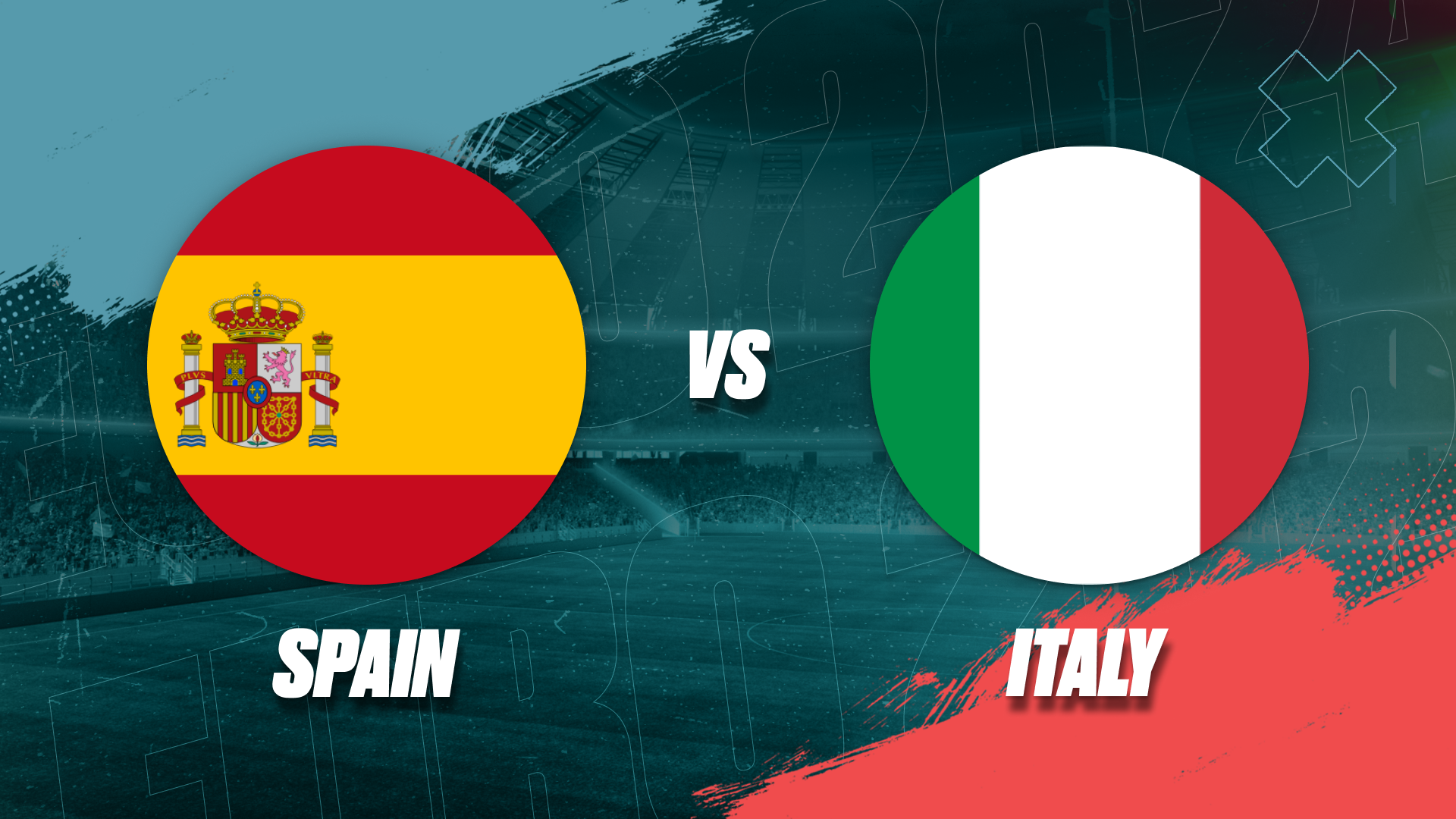Spain vs Italy has become a classic fixture, a clásico as Spain coach de La Fuente coined it. The two sides already met in the knock-out stages of EURO 2020, where Spain was defeated by Italy, the eventual tournament winner.
Historically, Spain has often found better results against Italy, thanks to their characteristic chance-creation machine in the midfield.
The FAMILY still believes in this @EURO2024.
We couldn’t think of a photo that says more about this group in Gelsenkirchen.
Now, to keep calm and keep pushing on with small steps towards glory. #VamosEspaña | #EURO2024 pic.twitter.com/JdkzMn0wkv
Italy’s decision to leave Locatelli out of the tournament is one they might already regret. With this latest encounter, Italy finds themselves needing a win against Croatia on the last matchday to secure a place in the knock-out stages of EURO 2024.
Spain Ran The Show
Spain was not particularly impressive against Croatia despite their large 3-0 victory, while Italy’s 2-1 win over Albania was achieved in a more commendable manner, even if the score might suggest otherwise.
Many will remember Ricardo Calafiori, the standout player of the season with Bologna in Serie A and a revelation of the tournament. However, history does not always reward the best efforts.
His unfortunate own goal gave Spain the lead and the final three points, plunging Italy’s qualification hopes into further uncertainty.
While the 1-0 victory might suggest a closely contested match, nobody would dare to say that Italy was ever close to matching Spain’s armada. La Roja ran the show from the first to the last minute.
Few Changes
Spain didn’t make major changes from their first game, aside from Aymeric Laporte replacing Nacho as the center-back alongside Robin Le Normand.
Most of the adjustments focused on playing to their strengths. As easy as it sounds, the frontline was particularly effective. Nico Williams was more active than he had been in the first game, while his partner on the other wing, Lamine Yamal, once again ran the show by himself.
Federico De Marco and Giovanni Di Lorenzo were always behind their marker, visibly overloaded by their younger opponents. As if it were not enough, Alvaro Morata dropped another five-star performance despite not scoring. The only thing missing, as is often the case with Spain, was the final goal.
Spain created chances from all areas of the pitch. The previously uncertain Fabian Ruiz orchestrated play alongside Pedri, who was positioned higher up and frequently crashed into the box to overload Italy’s defense.
This tactic proved effective, leaving Italy scrambling for solutions. Spain dominated possession with 57%, forcing Italy to chase the ball.
Another key change was the improved performances of Rodri and Marc Cucurella, both of whom played crucial roles in Spain’s orchestration.
Within the first ten minutes, Donnarumma was repeatedly called into action to prevent early goals. Spain’s aggressive start mirrored their first match, where they methodically stormed the opponent’s penalty box. Spain is confident, and it’s a scary sight for their competitors.
Despite not scoring a goal throughout the ninety minutes, Spain’s performance left fans content. The high expectations set by the vintage Busquets-Xavi-Iniesta trio mean that Spanish fans are rarely satisfied, yet this time, nobody complained. This speaks volumes about how impressive their performance was.
Spain is gradually reclaiming its identity, distinct from the early 2010’s, but effective nonetheless. Luis de La Fuente, often criticized for a lack of ideas, silenced his detractors with this performance.
This display aligns with the vision many fans have had over the past year and edges Spain closer to regaining the favorite status they have sought for the last five years.
Promotion Alert: As you gear up for the final matches in Group B, don’t miss out on 22Bet’s UEFA Euro 2024 promotion! Bet on Euro 2024 matches for a chance to win a share of the massive €150,000 prize pool. Join the promotion here.
Italy in Doubt
For Italy, this encounter was the biggest test since facing Spain in EURO 2020. Italy triumphed then, ultimately winning the final against England, but the project stalled after head coach Roberto Mancini’s departure.
Napoli’s Spalletti took over, known for his strict rules on lifestyle during tournaments. However, his team struggled to find their footing against Spain, falling short in all departments. This is concerning because, despite the squad’s quality, Italy’s future looks challenging.
Italy needs to show their best against Croatia to ensure qualification. Their midfield trio of Jorginho, Barella and Frattesi was largely invisible against Spain, failing to compete with Spain’s midfield.
Scamacca and Chiesa, supposedly the stars in the frontline, rarely saw the ball and produced little when they did. Gianluigi Donnarumma might have bailed out Italy for this match, but it’s clear that Italy needs to quickly adapt to the tournament’s demands.
Spain Expected To Rotate
For Spain, this result is a big relief. They are almost assured of qualification, being the only team in the group with six points after two victories. Italy leads the rest of the table with three points, while Croatia and Albania shared their part of the cake in a 2-2 draw after both lost their opening matches.
This announced a dramatic conclusion of the group stages for the ‘Group of Death’, as Spain can afford to rest key players against Albania. The same luxury does not apply to Italy, even though Croatia has struggled throughout the tournament.
This situation allows Spain to potentially give playing time to those who haven’t featured much and create selection dilemmas for Luis de la Fuente.
Players like Mikel Merino, Alex Baena (sub), and former key players, including Mikel Oyarzabal, Dani Olmo and Fermin Lopez, could see some action. How much Luis de La Fuente would be willing to rotate remains unclear, as Spain typically does not rotate heavily.
